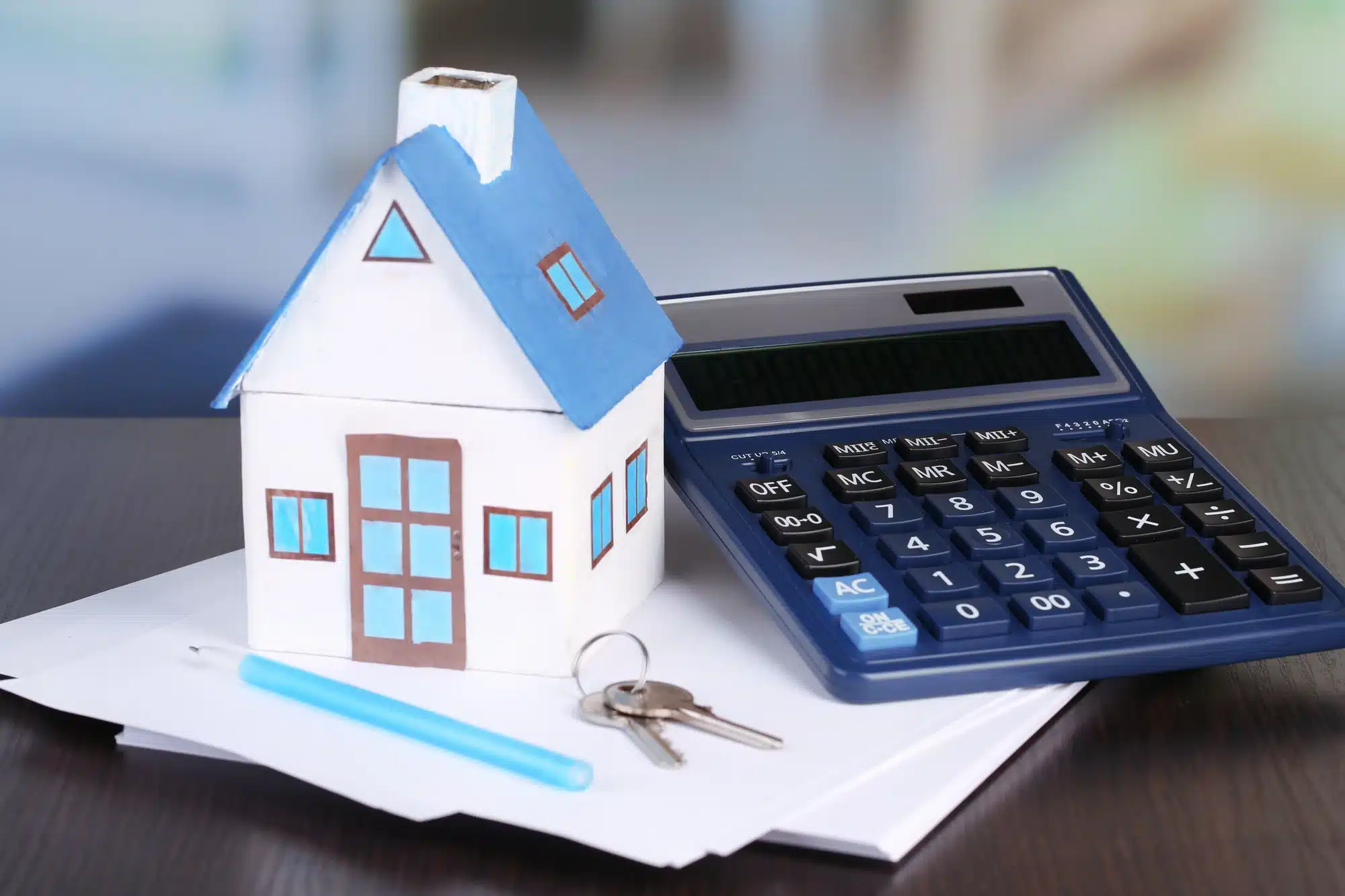The residential real estate market has experienced unusually good performance in the last few years with over 6.1 million homes sold just in 2021. While sales and prices have cooled a little recently, there are still a lot of people out there who want to buy homes. Chalk it up to the shortfall in available homes.
Of course, on the buyer’s side, you want the best possible deal you can get. While there is a school of thought that the right time to buy a house is when you’re ready, there are still better and worse times to make the purchase.
Keep reading to learn what you need to know about when the best times are to buy.
Overall Market Conditions
One of the things you must consider when considering a home purchase is the overall marketing condition. There are, broadly speaking, better and worse overall market conditions that make it a good time to buy a house or a bad time to buy a house.
Buyer’s Market
When you’re in a buyer’s market, it means that there are a lot of homes for sale. When there are more homes for sale than a demand for them, house prices go down.
Let’s say that you live in a small town. You want a house of your own. In your small town, there are 20 houses for sale.
All of the houses went on the market at least three to six months ago. That means that there is limited demand for those homes.
The longer those homes sit on the market, the more likely it is that the owner will lower the asking price. It also makes homeowners more likely to negotiate the final price.
Seller’s Market
The flip side of the buyer’s market is the seller’s market. A seller’s market happens when there is high competition for a limited number of available houses.
So, suppose that instead of 20 houses in your small town, there are two houses on the market. Both went on the market last week.
That short duration on the market indicates that homes sell in that town very quickly after they go on the market. It also means that the homeowners likely won’t budge very much on their asking price. In fact, there is a decent chance that people will offer them more than the asking price.
Let’s say that you want a home in Tallahassee. If you want a sense of whether it’s a buyer’s market or seller’s market there, you can get more information on Manausa.com about local home prices.
Local Market Conditions
While general market conditions can push home prices up or down, that isn’t always reflected in local market conditions. For example, let’s say that the town where you live recently lost a major employer.
That will often depress the local economy a lot. If another big employer doesn’t show up to fill that gap in the economy, property values will go down because you won’t see any demand for homes in the area. You can often secure properties for below market value in conditions like those.
Of course, if the economy is in great shape where you live, that can have the opposite effect. You can see home prices go over the national average simply because the local demand is so powerful.
You should always ask a question in terms of local market conditions: “Do I want to buy a house in this economy?”
Time of Year
The time of year also affects what kind of pricing you see on homes. You should bear that in mind as make choices about when to buy.
Spring/Summer
As a general rule, the hottest season for residential real estate runs from around early spring until mid-summer. That is when you see the fiercest competition for homes.
Some of that is simply because houses look better in the spring. All the vegetation is coming back in or already has come back. It makes for a more picturesque view.
Moving is also easier during the nice weather. You don’t contend with snow and ice, which is a plus if you need to move furniture.
Fall/Winter
Traditionally, the real estate market cools off in the fall and winter. People don’t like moving in that part of the year.
The weather is lousy. Plus, people don’t like the prospect of pulling their kids out of one school and putting them into another part of the way through the year.
That usually translates into more available houses and lower prices if you’re willing to deal with the hassles of a fall or winter move.
Mortgage Rates
Something else you must consider when deciding if it’s a smart time to buy a house is the mortgage rates. People that carefully managed their finances and kept a great credit score can often secure a sweetheart mortgage rate. If your credit history is shaky and your score isn’t in the excellent range, that can mean higher interest rates on your mortgage.
Everyone must decide the level of interest they’re willing to tolerate on a loan. With that said, it’s often wiser if those with less than stellar credit scores wait on buying a home.
If your credit score isn’t great and you work on it for another year or two, you can save yourself tens of thousands of dollars in interest paid over the life of the loan.
Beyond that, interest rates rise and fall over time. If interest rates have gone up recently, waiting can often let you get a better rate down the road.
When Is the Right Time to Buy a House?
There is no absolute right time to buy a house. There are only better and worse times for you to buy a house.
You should remain mindful of the general market conditions for real estate, as well as the local conditions. Also, consider the time of year and interest rates available to you on mortgages.
The smart time for you to buy a house is when the local market falls into a buyer’s market and it coincides with good interest rates.
Looking for more real estate insights? Check out the posts in our Real Estate section.





